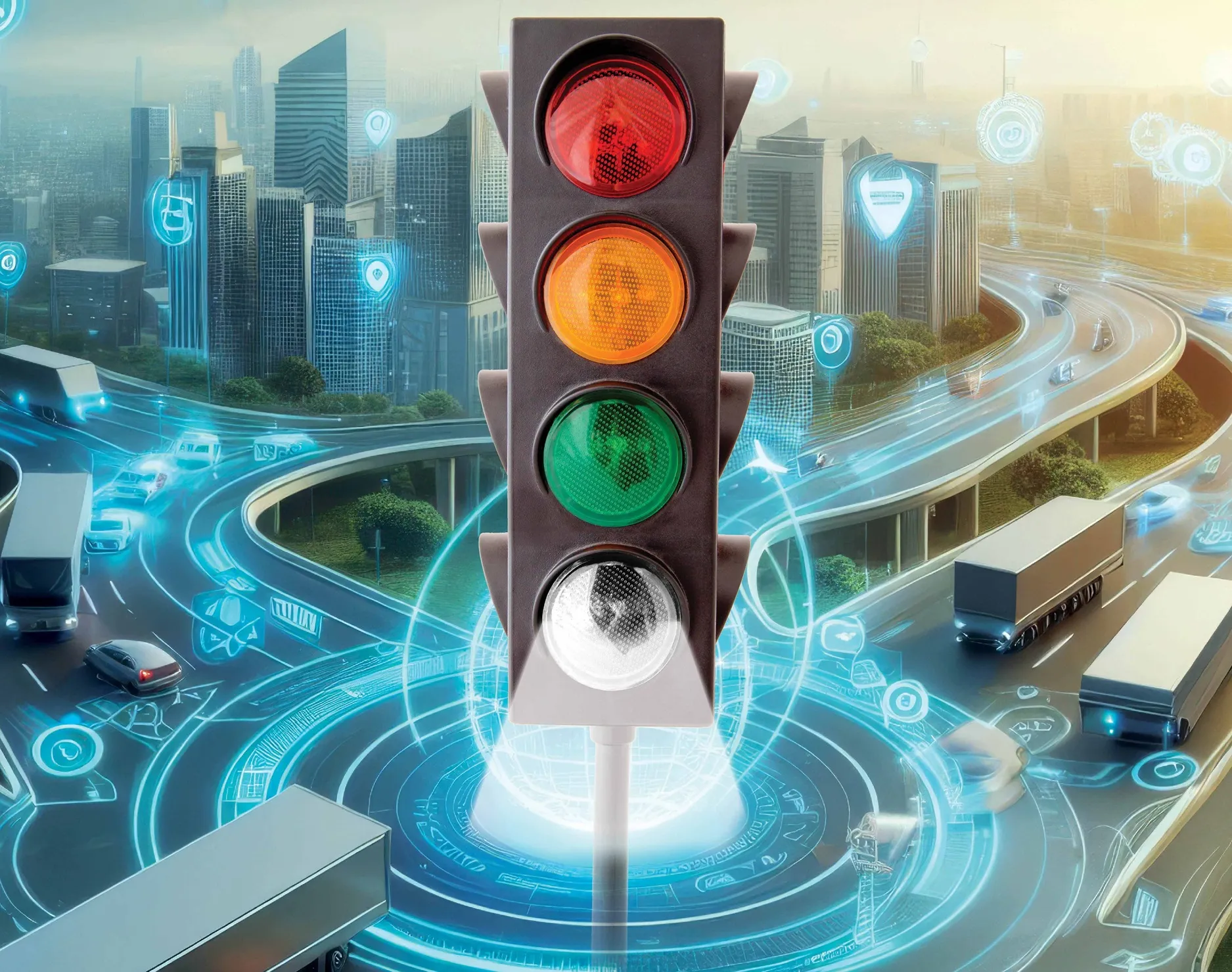As of 1 February, it will be illegal for drivers in Singapore to hold any type of mobile device while driving. Previously, only calling or texting someone on a mobile phone was barred.
Anyone caught holding any mobile device, phone or tablet, while driving can be found guilty of committing an offence; this means mobile phones and tablets.
The new changes include not just talking or texting but also surfing the web, visiting social media sites and downloading material. The law also applies to just hold
February 5, 2015
Read time: 4 mins
As of 1 February, it will be illegal for drivers in Singapore to hold any type of mobile device while driving. Previously, only calling or texting someone on a mobile phone was barred.
Anyone caught holding any mobile device, phone or tablet, while driving can be found guilty of committing an offence; this means mobile phones and tablets.
The new changes include not just talking or texting but also surfing the web, visiting social media sites and downloading material. The law also applies to just holding a device while driving. It is not illegal to use a mobile device when the car is stationary. But motorists are strongly advised not to handle their device at a red light. It is not illegal to use a mobile device that is mounted on a holder or dashboard.
First-time offenders can be fined up to US$750 and/or jailed for up to six months. Repeat offenders face up to US$1,500 in fines and/or up to 12 months in jail.
The amended law does not specifically mention wearable technology such as the Google Glass, but the use of such devices could be classified as inconsiderate driving, an offence which carries up to a US$750 fine and a six-month jail term.
Senior Minister of State for Home Affairs Masagos Zulkifli commented on this during the amendment of the law in parliament on Sept 8, 2014, saying: "We will continue to monitor the situation... and study the practices of other jurisdictions as they evolve to deal with (new) types of smart devices."
National car leasing company Flexed.co.uk says it's high time that similar harsher sentences were considered for British drivers.
"For many, texting or phoning behind the wheel is still seen as an acceptable risk," says Flexed.co.uk spokesperson Mark Hall, "People still do it because they know their chances of being caught are slim. But would the prospect of a prison sentence deter British drivers? We think it would."
7990 Flexed.co.uk asked British drivers if they would avoid texting or phoning at the wheel if there was a prospect of a prison sentence, and the vast majority said it would totally deter them from taking the risk.
Comments included Anwar from Leeds, who said: "I always keep my phone out of reach when I'm driving. I can't trust myself with the temptation, especially if there's any chance of ending up in court."
Asha of Salford said: "Prison? Absolutely right. You think it couldn't happen to you, but I had a near miss because I picked up the phone on the M6 and nearly rear-ended a lorry. I deserved to be locked up because I had family in the back seat."
John from Cardiff said he was guilty of it on occasion. “But I'd pack it in the day they bring out thousand-pound fines and losing your liberty."
Less than one in ten of drivers interviewed by Flexed said that harsher punishments wouldn't stop them from phoning, texting or even updating their social media timelines while driving.
Typical was Melanie from London, who said: "I've never been caught and I don't think I ever will. I don't care."
Flexed.co.uk says that British drivers only end up in court if they have been involved in an accident while using their phone illegally, and thinks that this is the wrong way of addressing the problem.
"In this case the law only reacts with severity after unacceptable behaviour has resulted in a serious accident, "says Hall. “Think of it as a workplace health and safety issue: When you have people driving tons of machinery at high speed while distracted by something that is already illegal, the law should be about preventing accidents, not reacting after it's far too late."
Statistics from a number of influential studies into mobile phones and driving find that 23 per cent of motor accidents are now caused by drivers being distracted by a mobile device.
Text messaging, studies say, makes an accident 28 times more likely because of the longer time driver attention is taken from the road, while just dialling your phone makes an accident 2.8 times more likely.
The statistics speak for themselves, Flexed says, and show the need for a review of the law to prevent dozens – if not hundreds – of needless fatalities and life-changing injuries every year.
"The Melanies of this world need to be stopped before they kill somebody," Hall says, "And if that means locking a few people up as an example, then that can only be a good thing.”
Anyone caught holding any mobile device, phone or tablet, while driving can be found guilty of committing an offence; this means mobile phones and tablets.
The new changes include not just talking or texting but also surfing the web, visiting social media sites and downloading material. The law also applies to just holding a device while driving. It is not illegal to use a mobile device when the car is stationary. But motorists are strongly advised not to handle their device at a red light. It is not illegal to use a mobile device that is mounted on a holder or dashboard.
First-time offenders can be fined up to US$750 and/or jailed for up to six months. Repeat offenders face up to US$1,500 in fines and/or up to 12 months in jail.
The amended law does not specifically mention wearable technology such as the Google Glass, but the use of such devices could be classified as inconsiderate driving, an offence which carries up to a US$750 fine and a six-month jail term.
Senior Minister of State for Home Affairs Masagos Zulkifli commented on this during the amendment of the law in parliament on Sept 8, 2014, saying: "We will continue to monitor the situation... and study the practices of other jurisdictions as they evolve to deal with (new) types of smart devices."
National car leasing company Flexed.co.uk says it's high time that similar harsher sentences were considered for British drivers.
"For many, texting or phoning behind the wheel is still seen as an acceptable risk," says Flexed.co.uk spokesperson Mark Hall, "People still do it because they know their chances of being caught are slim. But would the prospect of a prison sentence deter British drivers? We think it would."
Comments included Anwar from Leeds, who said: "I always keep my phone out of reach when I'm driving. I can't trust myself with the temptation, especially if there's any chance of ending up in court."
Asha of Salford said: "Prison? Absolutely right. You think it couldn't happen to you, but I had a near miss because I picked up the phone on the M6 and nearly rear-ended a lorry. I deserved to be locked up because I had family in the back seat."
John from Cardiff said he was guilty of it on occasion. “But I'd pack it in the day they bring out thousand-pound fines and losing your liberty."
Less than one in ten of drivers interviewed by Flexed said that harsher punishments wouldn't stop them from phoning, texting or even updating their social media timelines while driving.
Typical was Melanie from London, who said: "I've never been caught and I don't think I ever will. I don't care."
Flexed.co.uk says that British drivers only end up in court if they have been involved in an accident while using their phone illegally, and thinks that this is the wrong way of addressing the problem.
"In this case the law only reacts with severity after unacceptable behaviour has resulted in a serious accident, "says Hall. “Think of it as a workplace health and safety issue: When you have people driving tons of machinery at high speed while distracted by something that is already illegal, the law should be about preventing accidents, not reacting after it's far too late."
Statistics from a number of influential studies into mobile phones and driving find that 23 per cent of motor accidents are now caused by drivers being distracted by a mobile device.
Text messaging, studies say, makes an accident 28 times more likely because of the longer time driver attention is taken from the road, while just dialling your phone makes an accident 2.8 times more likely.
The statistics speak for themselves, Flexed says, and show the need for a review of the law to prevent dozens – if not hundreds – of needless fatalities and life-changing injuries every year.
"The Melanies of this world need to be stopped before they kill somebody," Hall says, "And if that means locking a few people up as an example, then that can only be a good thing.”









